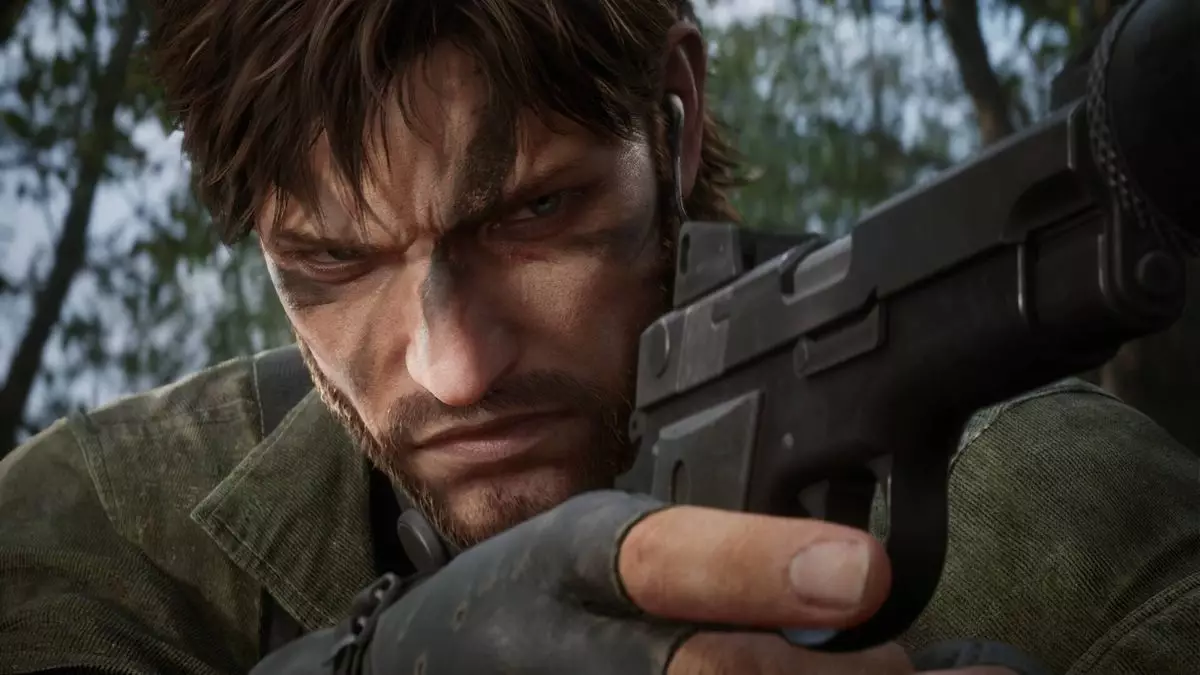It’s a peculiar notion that a franchise as iconic as Metal Gear, particularly its cornerstone character Solid Snake, could fade from the collective memory of younger gamers. This potential disconnect has prompted Konami’s endeavors with the forthcoming Metal Gear Solid Delta—a remake that aims to bridge the gap between seasoned fans and a new generation unacquainted with the series’ rich history. Producer Noriaki Okamura candidly acknowledges the challenge at hand; amidst a gaming landscape punctuated by rapid technological advancements and an ever-evolving roster of titles, the Metal Gear series risks being overshadowed. It emphasizes the importance of understanding how changes in gaming culture can influence brand recognition and familiarity.
A Milestone of a Series
The original release of Metal Gear Solid 3: Snake Eater two decades ago marks a significant milestone, not just for the franchise but for the medium itself. This timing, paired with a lack of new releases in recent years, exacerbates the issue of obscurity. Those who once held controllers while navigating the espionage-laden world of Metal Gear may find it difficult to grasp how the saga’s themes, mechanics, and character arcs may not resonate with the newer entrants into the gaming community. For Okamura and the team, the remake of Snake Eater is not solely a nostalgic endeavor; it’s also a mission to immortalize and reintegrate the essence of Metal Gear into the prevailing gaming discourse.
Okamura’s statement underscores the responsibility felt by the creators. Their aim is to not merely revive the classics for veteran players but to introduce this emblematic series to those who may not even recognize Solid Snake. The affection for legacy can sometimes blind designers to the realities of shifting player demographics, but Metal Gear Solid Delta seeks to enliven the franchise. The objective is clear: handed down through generations, the intense narrative, complex characters, and philosophical conundrums defining Metal Gear must find new champions among contemporary audiences.
The decision to label the new title “Metal Gear Solid Delta” instead of following the traditional numbering system suggests a conscious effort to redefine the series’ trajectory. It aligns with a thematic reinstallation of the franchise’s early roots without overwhelming potential new players with an extensive backstory. From Okamura’s perspective, initiating with the third installment captures the historical essence and character development of Solid Snake’s origin while ensuring both new and old gamers appreciate this seminal moment in the series chronology.
As gaming continues to evolve at a breakneck pace epitomized by stunning graphics and immersive worlds, the onus is on developers like Konami to adapt their storytelling methods. Solidifying the legacy of Metal Gear while catering to an audience unfamiliar with its foundational pillars is no small feat. However, with thoughtful design choices and engaging narratives, there remains hope that Metal Gear Solid Delta will not only rekindle excitement among longtime fans but also cultivate an appreciation for the series in young gamers eager for fresh experiences. Ultimately, the essence of a memorable experience in gaming is universal, bridging gaps between past and present, laying a foundation for a future where legacies endure and thrive.


Leave a Reply